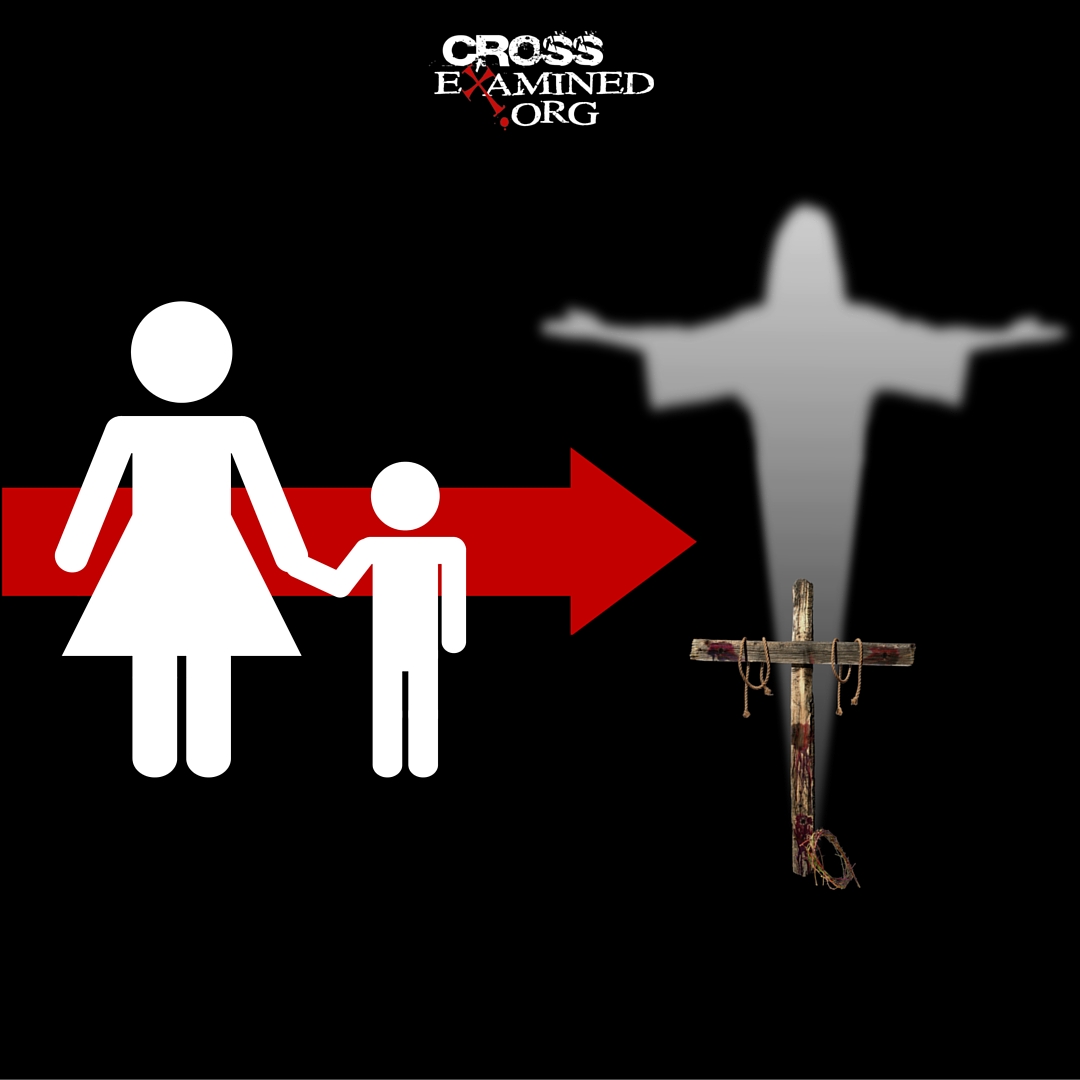The Wisdom Chronicle
The Wisdom Chronicle is designed to bring nuggets of wisdom from the dozens of books I read every year. I endeavor to share the best of what I have gleaned. The determination of relevance lies with you. Blessings, J. Whiddon
- YOUTH “Insanity is hereditary—you get it from your children.”
“The good years—when the kids were old enough to cut the grass & too young to drive the car.”
“Good judgment comes from experience, and experience comes from poor judgment.”
“Why can’t life’s problems hit us when we’re 18 and know everything.”
Excerpt From: Reagan, Ronald. “The Notes.”
- MORAL ABSOLUTES “We all know that moral absolutes exist. By a moral absolute I mean an objectively true moral prescription that, like the truths of math, science, and logic, we discover and do not invent. These prescriptions are true whether or not anyone believes them. “One ought not steal, murder, lie,” “one ought not torture little babies for the fun of it,” “one should be kind, just, and fair-minded” are examples of moral absolutes. If someone denies there are moral absolutes, claiming to subscribe to moral relativism, it is easy to show that the person is just posturing and not being honest. All you need to do is to find out what he or she deeply values, treat that issue as if it were arbitrary and relative, and you will see a absolutist come out of the closet every time!
For example, years ago I met a young man who claimed to be a relativist. After a bit of probing, I found out that he cared deeply for the environment. I then told him that I and four of my buddies had a monthly routine: We would each contribute fifty dollars to a kitty, buy a hundred gallon vat of sulfuric acid, drive to a local lake, dump in the acid, and see how many dead fish floated to the surface. The person whose guess was closest to the number of dead fish won the kitty. Well, you could see the blood vessels popping on his neck. He was enraged. I noted that from his body language, it seemed that he thought our monthly practice was, well, WRONG! This young man was a relativist in areas of his life in which relativism was convenient (for example, his sexual practices), but he was an absolutist when it came to the environment!”
Excerpt From: Moreland, J.P. “Love Your God with All Your Mind (15th anniversary repack).”
- PROFS NEUTRAL? Conservatives have good reason to view American universities as hostile territory. The 2006 Politics of the American Professoriate survey, conducted by the sociologists Neil Gross and Solon Simmons, found that 17.6% of faculty in the social sciences consider themselves Marxists. Only 3.6% consider themselves conservatives. The same survey suggested that if the election of 2004 had been held exclusively in faculty lounges, John Kerry would have won in a historic landslide, 77.6% to 20.4%. (Wall Street Journal 4-4-16)
- ALLOWING KIDS CHALLENGES “Any challenge that does not defeat us ultimately strengthens us. One of the great errors in my life was sheltering so many people—including you—from life’s problems. Out of a misguided sense of concern for your well-being, I actually took away your ability to handle life’s problems by removing them from your environment.
Unfortunately, human beings cannot live in a vacuum forever. A bird must struggle in order to emerge from the eggshell. A well-meaning person might crack open the egg, releasing the baby bird. This person might walk away feeling as though he has done the bird a wonderful service when, in fact, he has left the bird in a weakened condition and unable to deal with its environment. Instead of helping the bird, the person has, in fact, destroyed it. It is only a matter of time until something in the bird’s environment attacks it, and the bird has no ability to deal with what otherwise would be a manageable problem.
If we are not allowed to deal with small problems, we will be destroyed by slightly larger ones. When we come to understand this fact, we live our lives not avoiding problems, but welcoming them as challenges that will strengthen us so that we can be victorious in the future.”
Excerpt From: Stovall, Jim. “The Ultimate Gift.”
- AUTHORITY VACUUM “Kids need authority in their lives. Families need authority in order to function. But when parents abdicate their authority, a vacuum results. Nature abhors a vacuum. The doctor, armed with a prescription pad, steps in, or is sucked in. Medication fills the role of governing the child’s behavior, a role that the parents ought to have filled.
For many American parents, it is now easier to administer a pill prescribed by a board-certified physician than to firmly instruct a child and impose consequences for bad behavior. That’s a shame. And that, in my view, is a major factor driving the explosion in the prescribing of these medications in the United States.”
Excerpt From: Sax, Leonard. “The Collapse of Parenting.”
- TAXES The first Form 1040 was written in 1912, a time when the IRS (then known as the Bureau of Internal Revenue) had fewer than 50 employees. It is alleged that Nina Wilcox Putnam, a young accountant who went on to become a successful screenwriter, composed the form that generations of taxpayers would use yearly to determine their bill. The first complete form was not approved for use until its fortieth draft and was thus dubbed the 1040. (Dictionary.com)
- ONE MORE DAY “Your doctor shocks you with the news that you have only one day left to live. Ask yourself,
What dreams will be left unfulfilled?
What do I wish I had finished or who do I wish I had been?
What do I wish I had done?
What did I miss?”
Excerpt From: Maurer, Tim. “Simple Money.”
- BEFORE-DURING JESUS “Fifty years before Jesus was born, Julius Caesar had added the whole of Gaul (modern France) to Roman territory, and he had even carried out two reconnaissances to Britain, though it was not conquered until fifteen years after Jesus’s death. The expanding empire was based upon muscle power rather than technology, thanks to about 15 million slaves, who constituted one-third of the population in the towns, and whose life was summed up by Aristotle in four words: “work, punishment, and food.” The cost of two years’ food bought a skilled slave. Though neither scientists nor technicians, the Romans were lawyers and builders. Their laws were uniform throughout the civilized world and enforced with horrific severity, the instrument of justice being the crucifix on which malefactors were nailed and left to die. The Romans made superb roads, and they had discovered the virtues of cement, which, when mixed with agglomerates, constituted concrete. The Roman Empire was built on concrete: it enabled the Romans to create immense aqueducts to bring fresh water to their cities, as well as to erect huge public buildings. Rome had not produced a culture as splendid as that of Greece. Most of the statues which adorned its cities were copies of Greek models, and it had nothing so fine as the Athens Parthenon to show. But the Forum in Rome was already spectacular in its grandeur, and the city’s Pantheon, being built in Jesus’s lifetime, was revolutionary in its enclosure of vast space. Rome had a growing literature, too. Its national poet, Virgil, died fifteen years before Jesus was born, and its greatest lyricist, Horace, four years before. But Ovid, its love poet, was still alive, aged thirty-nine in 4 BC. Livy completed his great history of Rome when Jesus was a teenager. Seneca, a dramatist and philosopher, was born in the same year as Jesus.”
Excerpt From: Johnson, Paul. “Jesus.”
- BEING “LIKED” Jesus said they should be particularly worried “when all men shall speak well of you!” (Like. 6:26) It meant there was something fundamentally false about what they were doing, or saying, or thinking.
This was tough teaching, hard to follow, and entirely new. It had no equivalent in the Old Testament or any of the pious wisdom literature of the ancient Near East.”
Excerpt From: Johnson, Paul. “Jesus.”
- BEING “LIKED” “A man who has no enemies must not be a very good man.”
– Antonin Scalia




Leave a Reply
Want to join the discussion?Feel free to contribute!